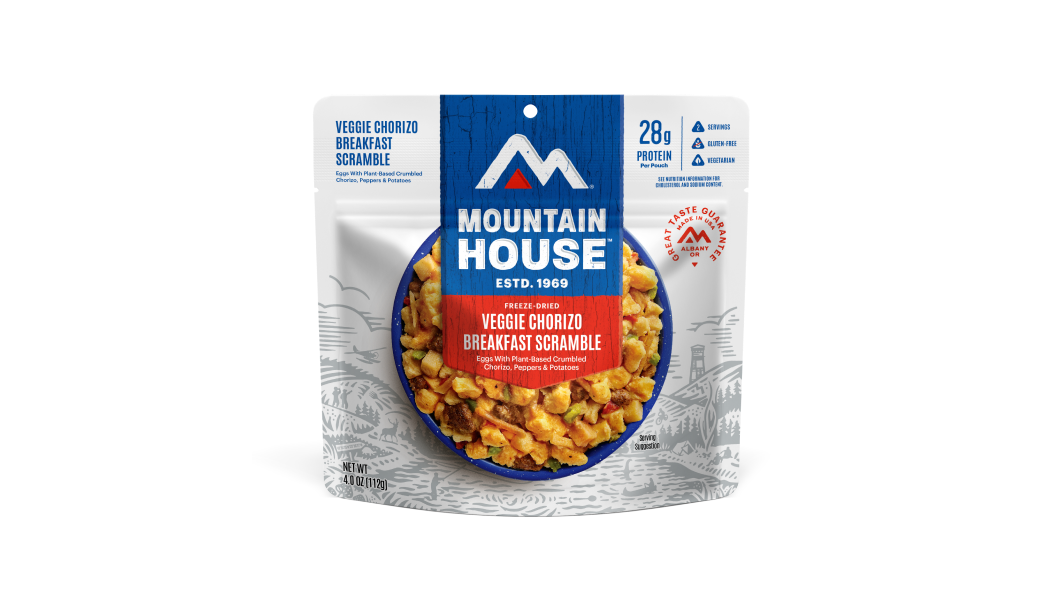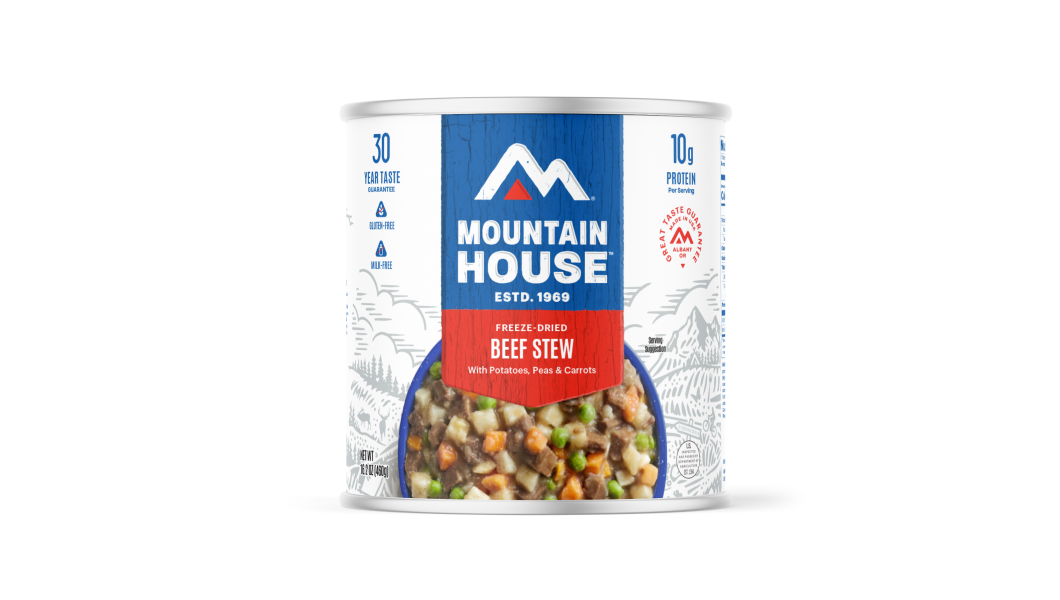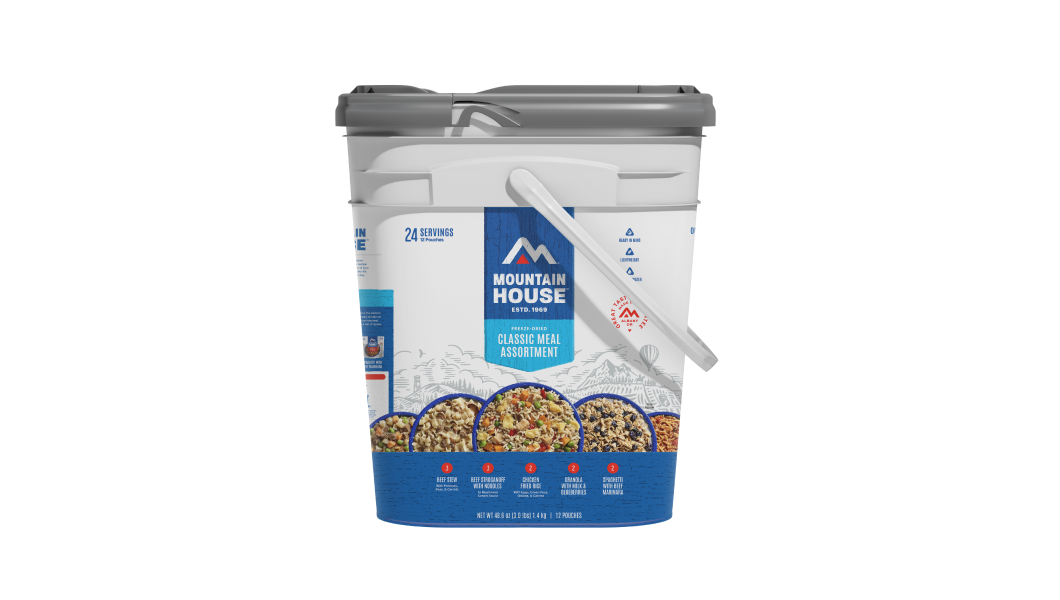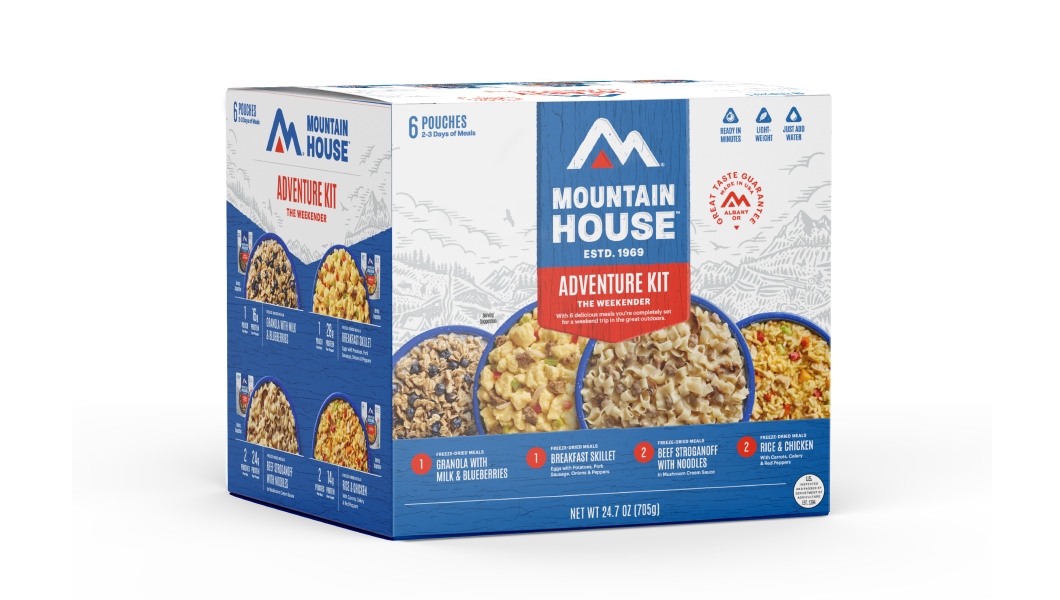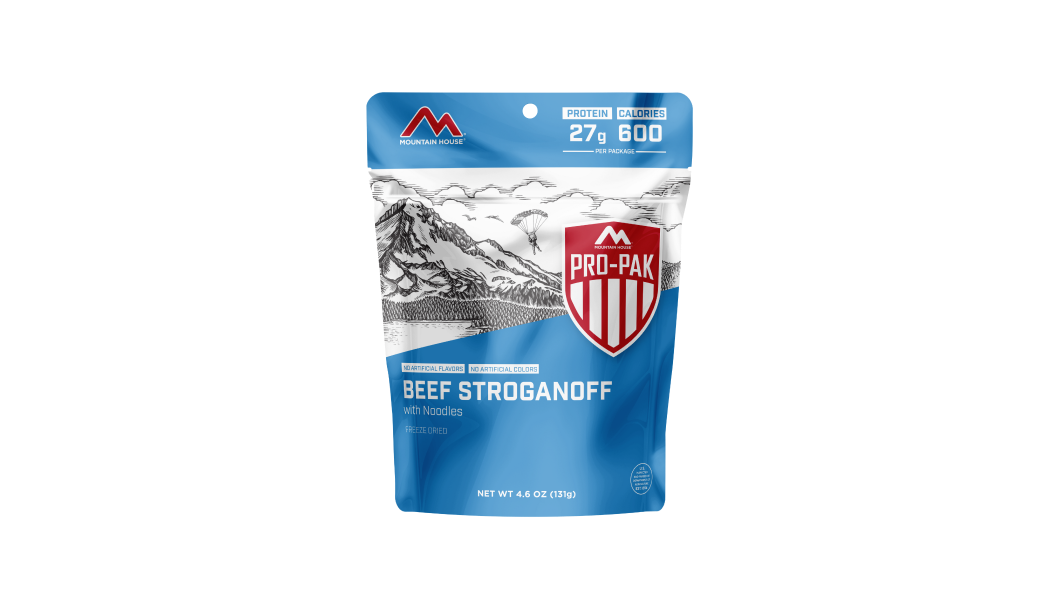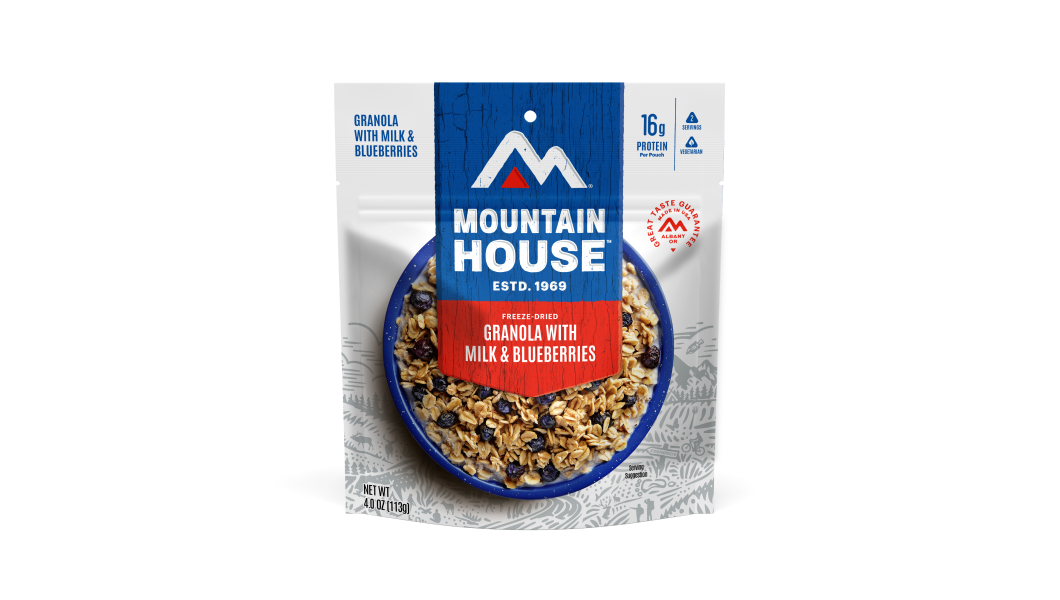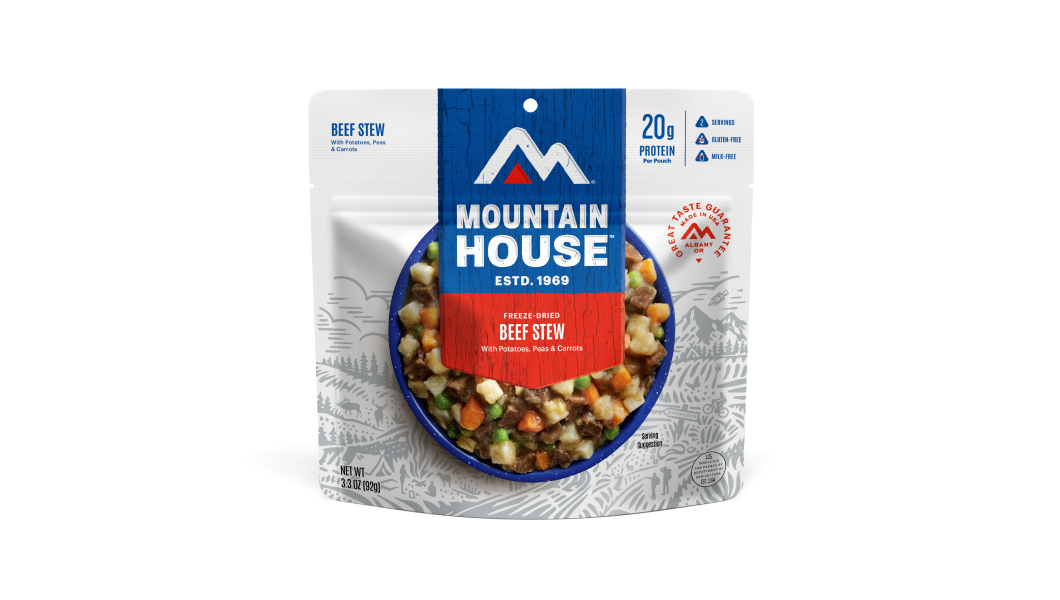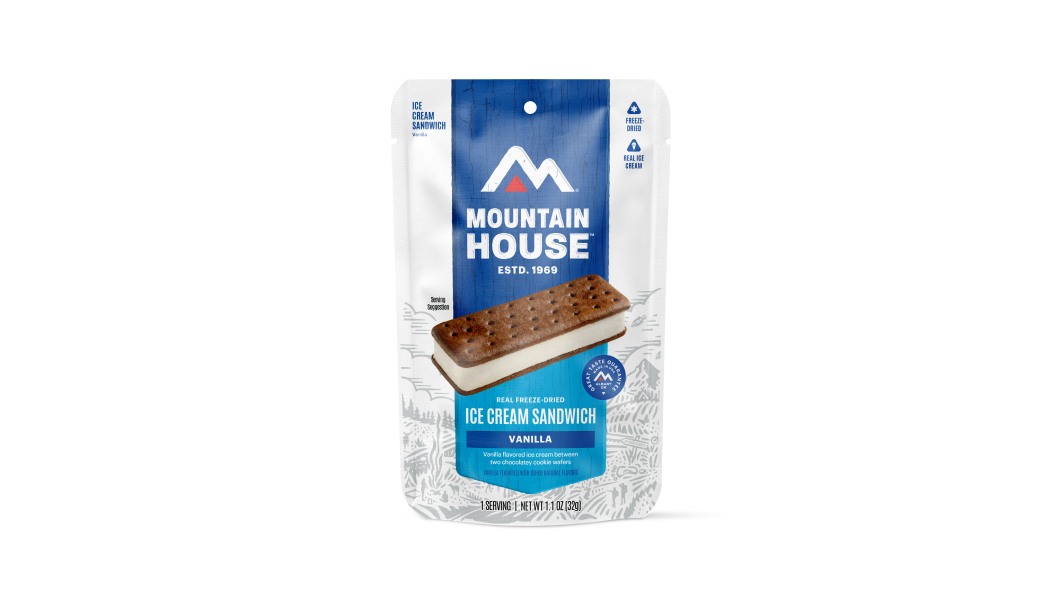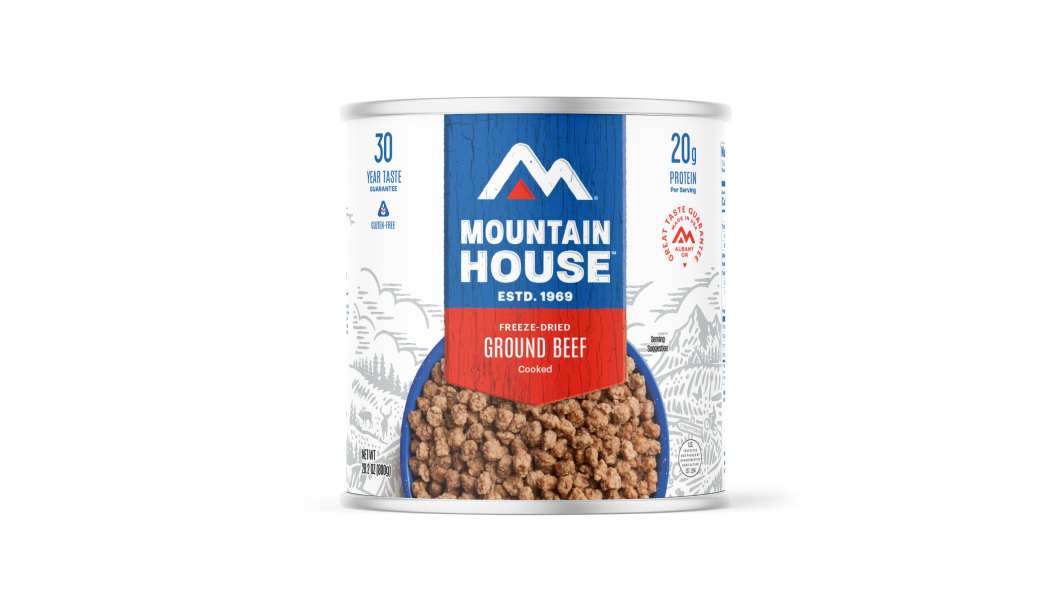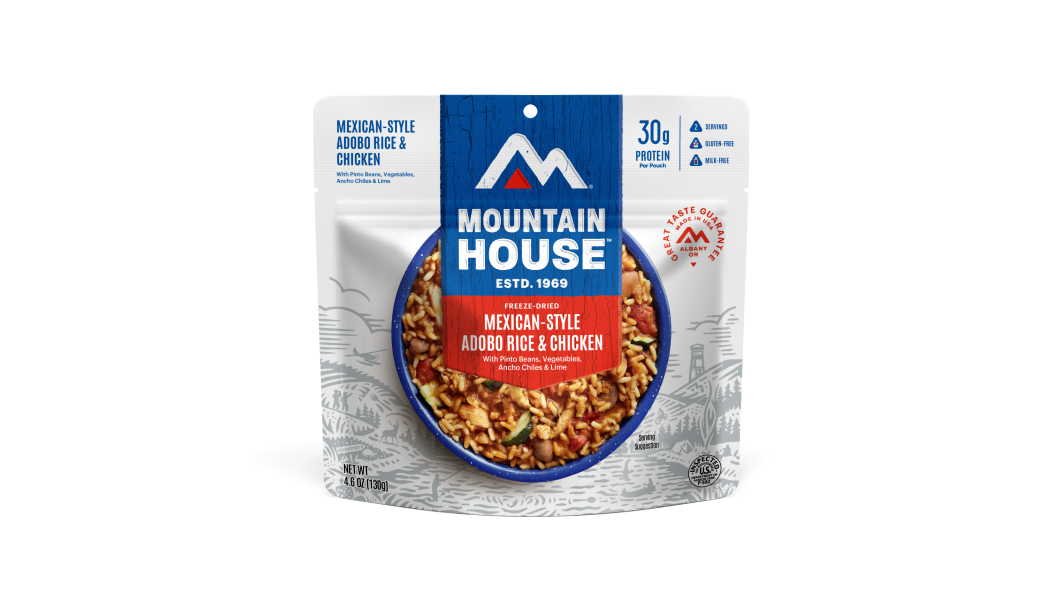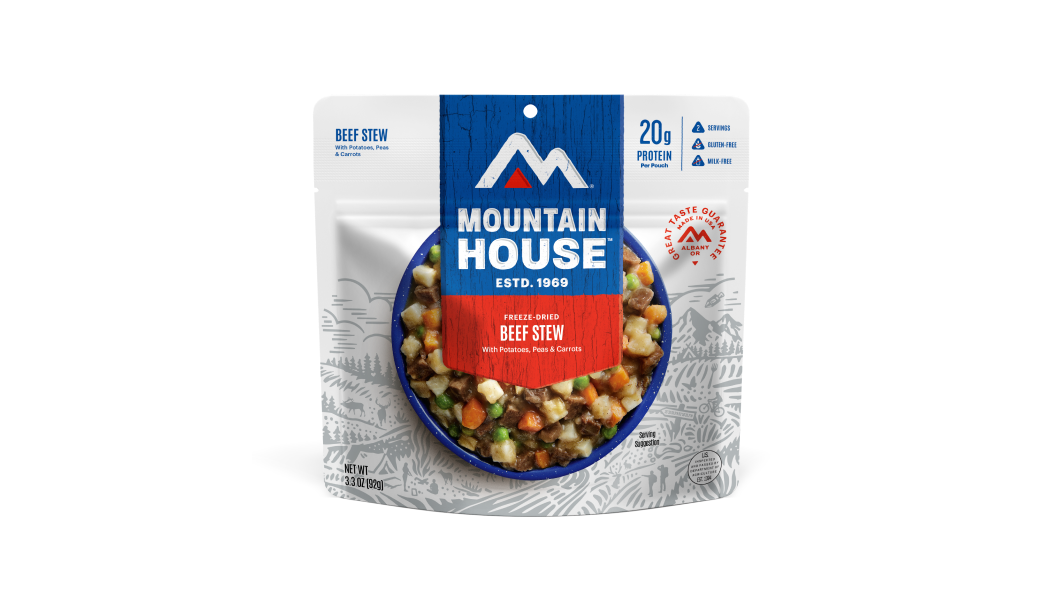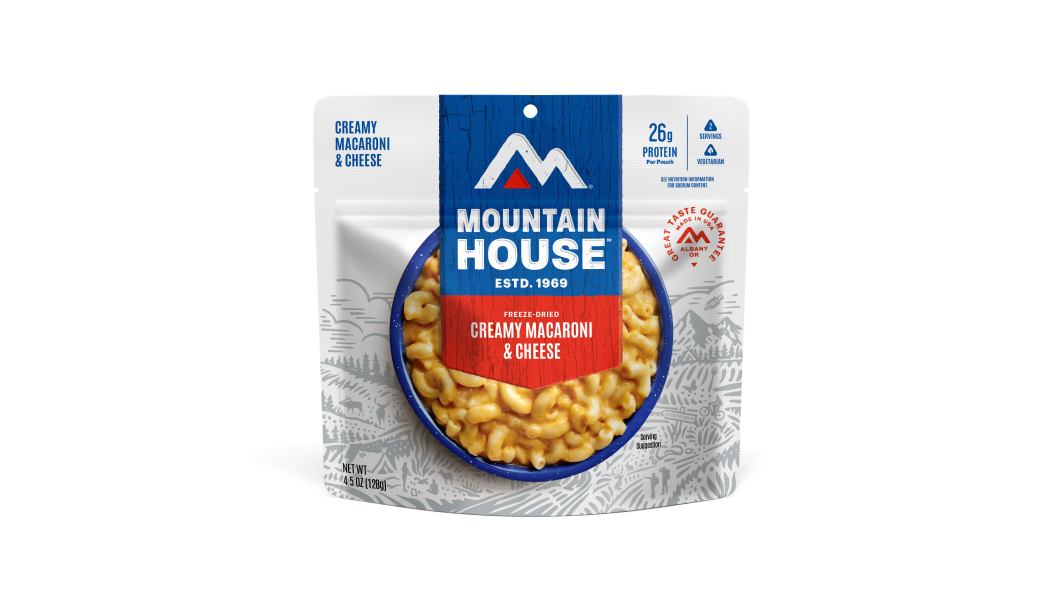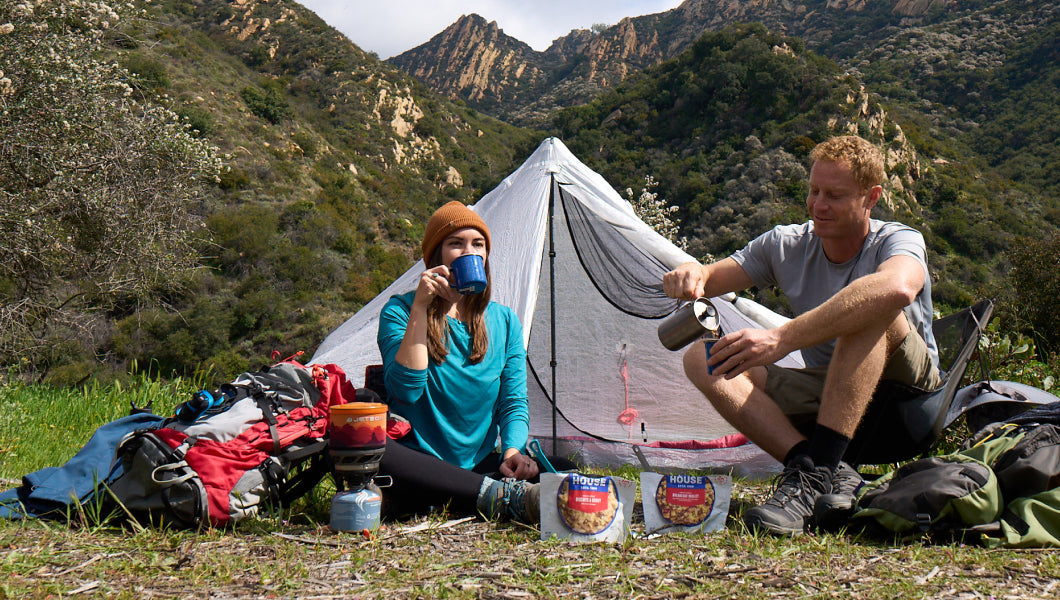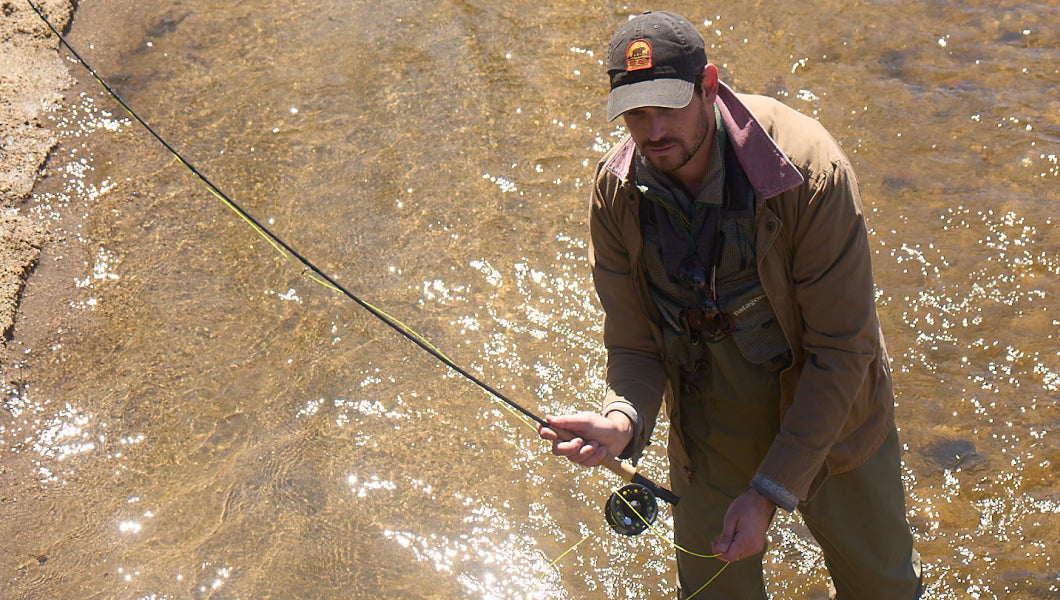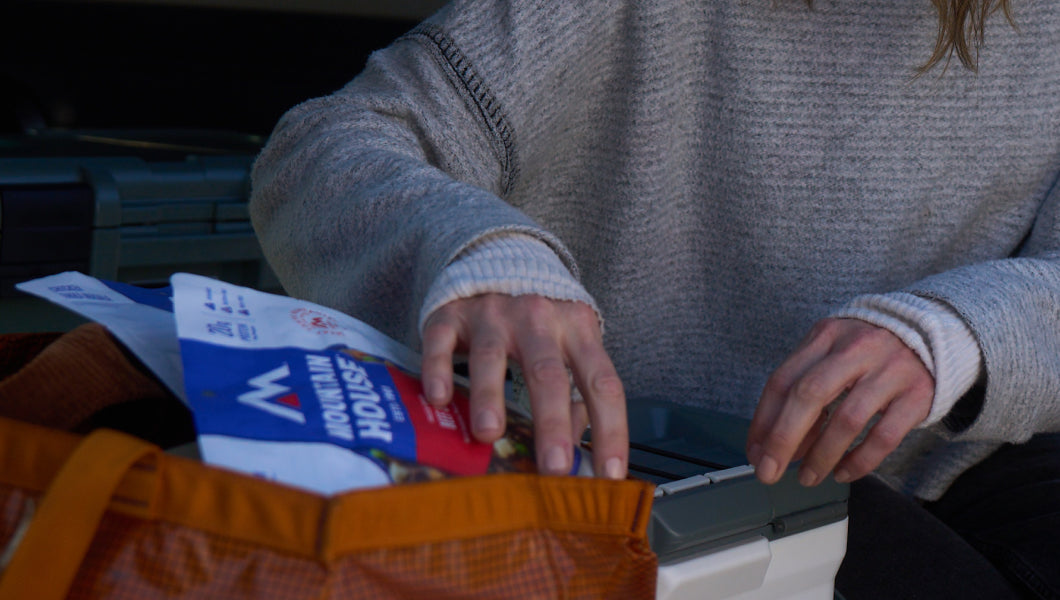Inspired for an Adventure? Check out Beef Stroganoff - Pouch and Beef Stew - Pouch
Free Ground Shipping On All Orders
Over 2,100 Reviews
Add description, images, menus and links to your mega menu
A column with no settings can be used as a spacer
Link to your collections, sales and even external links
Add up to five columns
Add description, images, menus and links to your mega menu
A column with no settings can be used as a spacer
Link to your collections, sales and even external links
Add up to five columns
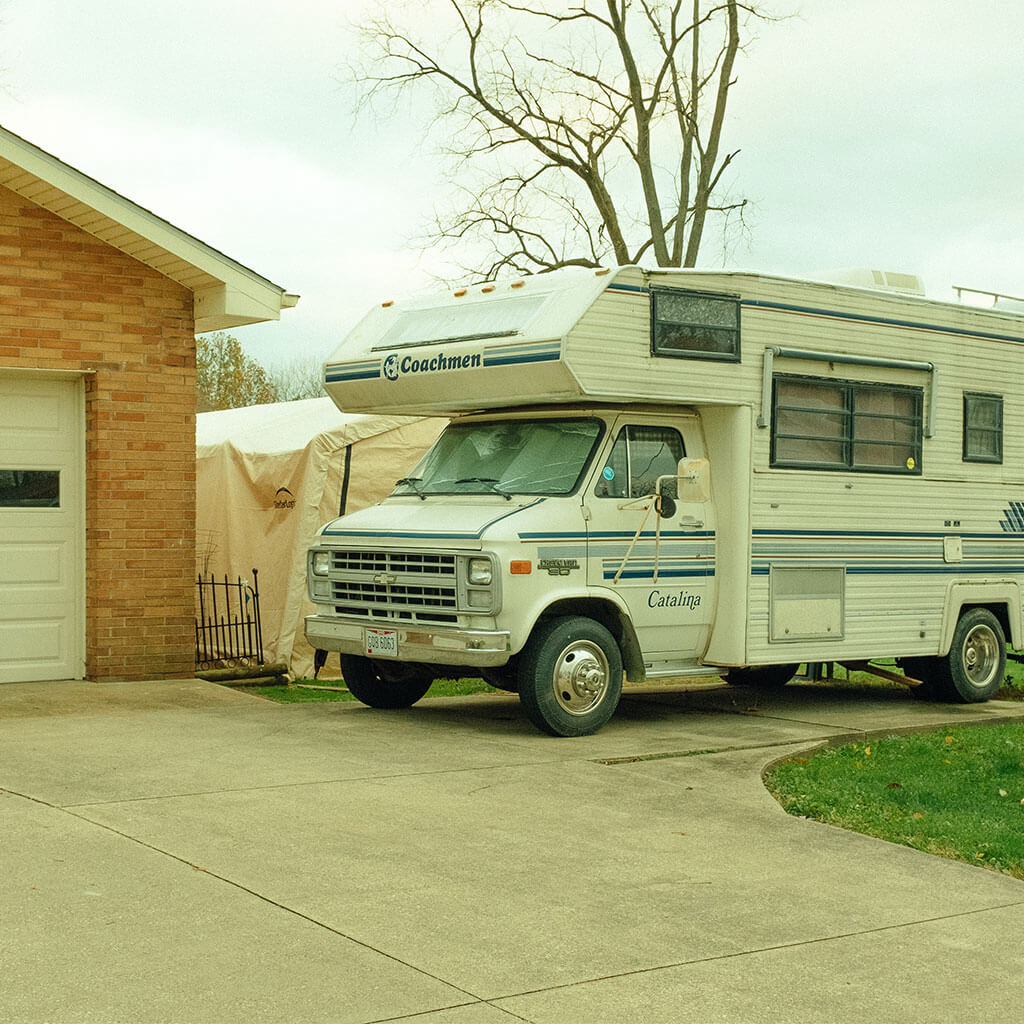
RV Camping: Preparing For Your Journey
There’s nothing like the feeling of hitting the open road in a well-equipped RV, whether it's a trusty little trailer or a whale-sized Class A: You’re free and footloose as they come, equipped with everything you need for weeks or months tooling around interstates and backroads alike.
Whether you’re going to hop between two or three developed RV parks or campgrounds for the summer, or you’re striking out for some open-ended boondocking in the backlands, make sure you’re adequately packed and prepared. Give this basic RV-camping checklist a gander, and make sure that on-the-go pantry’s got plenty of Mountain House meals in stock!
Before Departure
Cover your bases before pulling out of the driveway. First and foremost, make sure the old (or new) rig’s roadworthy: Conduct a thorough inspection of your RV, and have a qualified mechanic give it the once- or twice-over if you’re not confident in your own scrutiny. Change the oil, replace filters, rotate tires, make sure all lights are fully functional, and tackle any other necessary upkeep or repairs: Not only does it tend to be cheaper to do this at home rather than at some off-ramp service station, but you also give yourself more wiggle room to nip unexpected problems in the bud before your trip. Far better to identify that cracked radiator or worn wheel bearing during a pre-trip assessment than when barreling down the desert highway. (If you have a pop-up camper or some other trailer-style RV, it goes without saying you should make sure the towing vehicle’s in good shape for the journey, too.)
And speaking of your vehicle(s), you should also verify that it’s all up to date in the registration and insurance departments. The same goes if you have AAA coverage, which can be a lifeline if you break down.
Depending on your destination and the season, you may need to lock down your campsites ahead of time: Familiarize yourself with the reservation process in the public or private campgrounds you’re hoping to stay at, and double-check reservations you made awhile back to ensure you’re ready to go.
As your trip draws nearer, keep a close eye on the weather forecast. If things are looking a little too wet, cold, or stormy for your taste, consider rerouting your itinerary—or, if you have the flexibility, delaying your departure.
Finally, don’t forget to inform friends and family of your travel plans. Having somebody back home who knows where you’re going and how long you intend to be gone gives you another measure of security in case of mishaps.
Basic RV Equipment
Making sure the RV’s in good working order before your journey gives you another opportunity to make sure you’ve got all the necessary equipment for your rig—from the jack, spare tire, wheel chocks, and jumper cables to an adequately sized generator, freshwater tank, and solar panels for dry camping. Ensure everything’s good to gocopacetic with the greywater and blackwater tanks and hoses.
Food & Kitchen Supplies
The list of potential meals you come up with ahead of time will obviously shape your grocery list for the trip, but don’t forget the backbones of the RV kitchen: salt, pepper, sugar, butter, spices, and seasonings, and the like.
When it comes to meal-planning, you can make things easy on yourself by turning to Mountain House. Our breakfasts, entrees, desserts, and meats make for dependably delicious and dependably hassle-free dining. Maybe you’ve rolled in late and famished to the campsite and need something tasty and reenergizing in a flash. Maybe you’re looking to cook over an open campfire this evening, and want a flame-friendly one-pot masterpiece. Or maybe you’re just eager to get outside during the magic hour for a leisurely meal around the picnic table. However the day comes together and whatever the situation calls for, you can always whip up a gourmet feast with Mountain House in no time.
Whether you’re outfitting a brand-new RV or inventorying your tried-and-true open-road kitchenware, don’t forget such exceedingly useful—and exceedingly easy to overlook—tools such as can openers, corkscrews, and a grill for outdoor cooking.
Clothing
Many an RV camper likes to pack lean, even though, compared with car camping or backpacking, there’s often quite a bit more space to play around with. That’s an admirable impulse, but you also shouldn’t skimp when it comes to the wardrobe department. Sure, you don’t need a fresh outfit for every day of the week, but you do want to be prepared for the elements. That means bringing extra layers for chilly mornings or unexpected cold snaps as well as raingear. Make sure, too, that you’ve got plenty of sun gear, which might include wide-brimmed hats, sunglasses, and UV-protective outerwear.
Besides being prepared for the vagaries of everyday weather wherever you’re camping, choose garments around your intended route and season. If you’re making a cross-country trip, expect to be contending with a broad spectrum of temperatures: Prepare for the subtropical swelter of the South, the cold winds of those Rocky Mountain passes, and everything in between. And if you’re embarking on one of those multi-month odysseys, have the outfits on hand to appropriately greet the seasons as they shift.
Keep in mind that what’s comfortable to wear driving may not be what you want to be lounging around camp in, and that a dayhiking getup isn’t always best suited for the odd night on the town.
Personal Hygiene
Hey, to each his or her own: You know what you need to be comfortable, toiletries-wise. For some, it’s little more than a toothbrush. For others, the RV bathroom resembles a Hollywood makeup artist’s setup. No matter: Bring the hygienic items and cosmetics you prefer. If you’re absolutely committed to a particular brand or product, bring backups in case—as is often so—you can’t find it on the road.
Medications, Prescriptions, etc.
Bring along an adequate supply of any necessary medications, which would include reserves of truly vital items. If you wear glasses or contact lenses, take backups along. Other important products to have on hand include insect repellent, sunscreen, and basic pain relievers.
Outdoor Furniture
Sure, your RV’s great to retreat into when the weather’s lousy, but much of your time at the campsite’s going to be spent, hopefully, outside: It’s still camping, after all! There’s entertaining to be done when you strike up a friendship with your neighbors or the campground hosts; there’s alpenglow on the crags, sunsets over the ocean, and morning birdsong concerts to appreciate firsthand. In other words, don’t forget your outdoor furniture!
Bring along enough camp chairs for your party—and, if you can spare the room, a few extras for guests. Depending on the size of your RV, you might tote a folding table as well. Certainly outdoor tables and chairs can come in handy when you’re boondocking at a dispersed campsite without any amenities, but you'll likely also appreciate the extra (and movable) furniture even in a developed setting with an existing picnic table.
Miscellaneous Camping Equipment
Stay illuminated at any campsite: Bring along flashlights, headlamps, and lanterns, and perhaps some string lights for a little happy-hour flair. A knife or multipurpose tool is as handy for an RV camper as any other. Stow a hatchet and/or axe for firewood prep. If you’re of the angling persuasion and you have the proper license, bring along your tackle for lazy afternoons on the oxbow or kettle pond.
Technology
These days, even roughing it often involves a whole tangle of gadgets. We’re all different, of course, when to comes to the technology we simply can’t do without, but make sure you’ve got the proper cords, chargers, and accessories for whatever cellphones, cameras, radios, media players, etc. you might be toting along.
Emergency Supplies
A well-stocked first-aid kit needs to be readily accessible at all times during your trip; if you’re going to do much hiking, have a second one, too, for your daypack. If you’ve bought a prepackaged kit, crack it open and familiarize yourself with the contents: First-aid supplies don’t always do much good if you don’t know how and when to use them.
In case of vehicle hiccups or other contingencies, pack blankets, fire-starting equipment in a waterproof container, flashlights (and backup batteries), extra layers of clothing (including winter hats and gloves), and reserve supplies of food and potable water. Here at Mountain House, we offer a variety of emergency provisions perfect for your RV-camping safety net: from two- to three-day rations to our “Just in Case…”® Essential Assortment Bucket.
If you're traveling in the winter, but sure to be prepared for cold weather
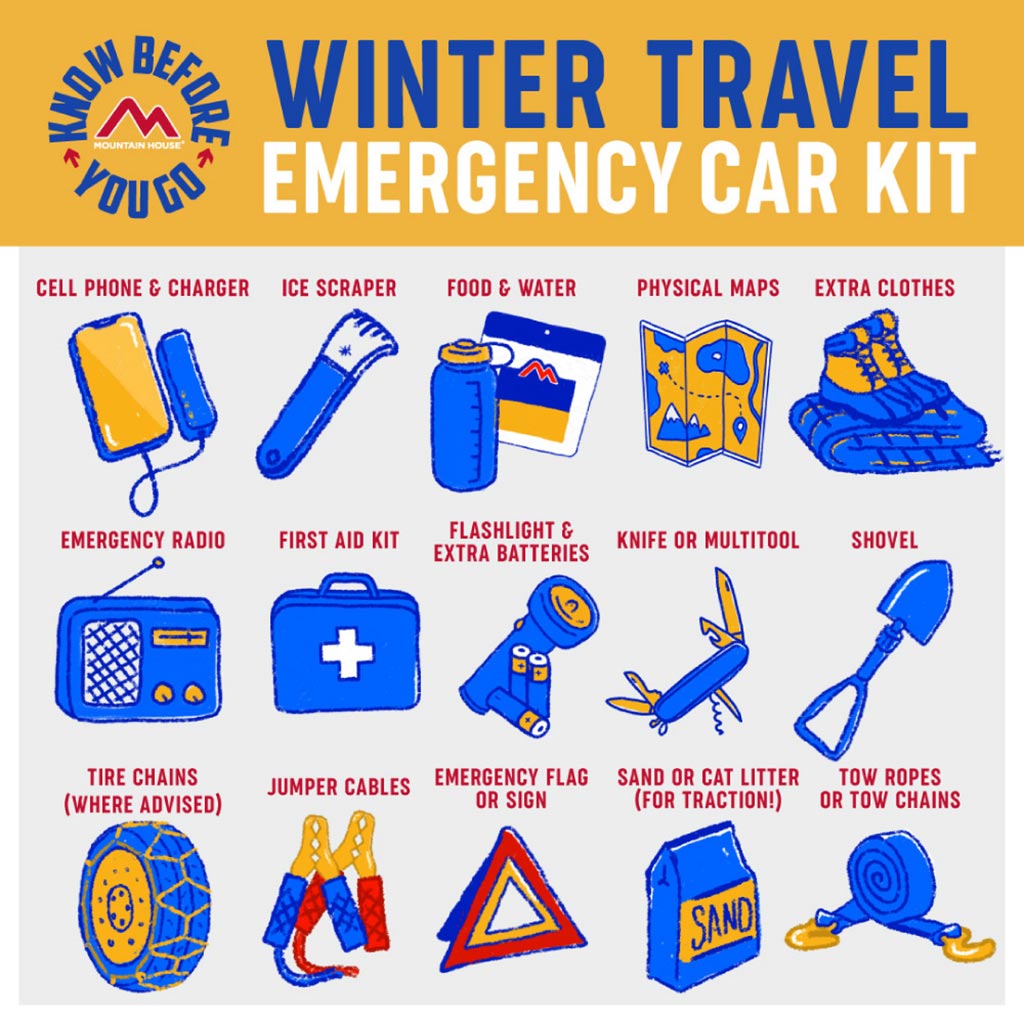
Pet Supplies
For many an RV owner, it’s not a camping trip without a furry friend (or four) along. Bring along enough pet food for your journey and then some, and don’t forget the treats and toys. (Fido will be sure to remind you if you do.) In addition to a water dish for the RV and campsite, consider a portable option for four-legged thirst-quenching mid-hike. Have the leashes and/or harnesses you need for campsite R&R, campground walkabouts, and longer hikes.
Stop the mail, lock the doors, and hire that neighbor kid for lawn-mowing duties: It’s time to hit the road and RV it for a spell!
Download This Checklist
Brand-new to RV camping, or need a refresher? Turn to this handy-dandy checklist by Mountain House before you hit the open road!
How to Stock Your Campervan Kitchen for a Successful Adventure on the Road

Top 9 RV Halloween Decorating Ideas for Vanlifers


Stay Hungry for Adventure
Sign Up for Delicious Outdoor Meals & Exclusive Offers!


Join the adventure
©2024 Mountain House — All Rights Reserved.
Your Cart is Empty
Continue ShoppingYour Cart
Subtotal
$0.00
EXPRESS PAYMENT METHODS AVAILABLE IN CHECKOUT
Taxes and Shipping Calculated at Checkout
